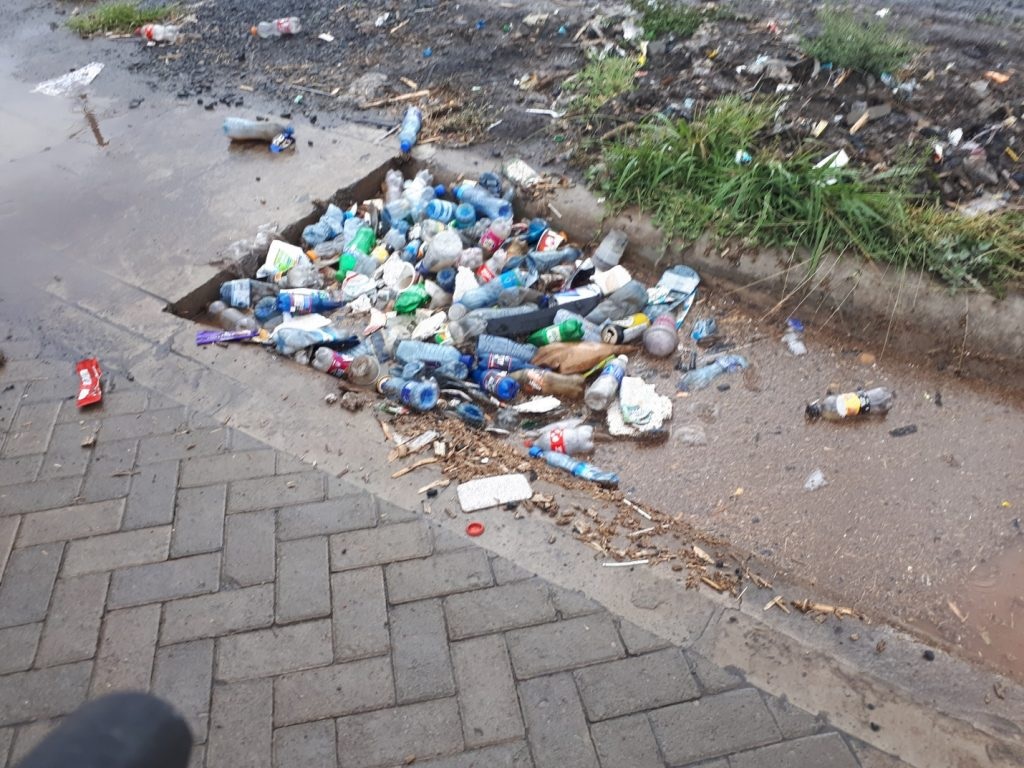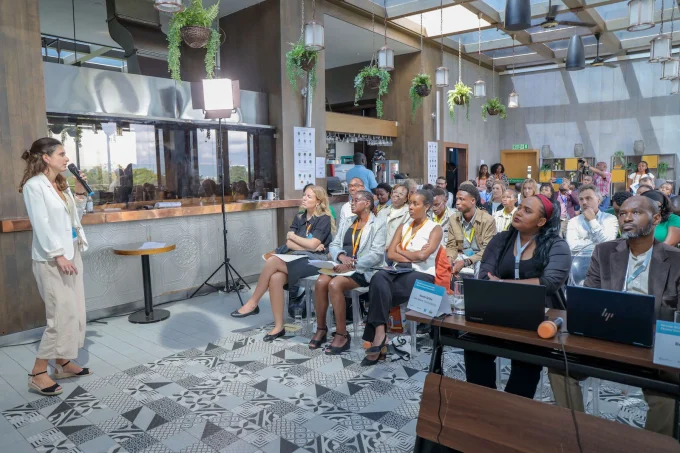Plastics can sustain a good portion of the economy and this opportunity has seen many organisations flock Kenya in droves to tap into this market.
The lates is Dow (NYSE: DOW) which celebrated the progress of its social enterprise, the Project Butterfly™ initiative, in Nairobi, Kenya, by bringing together the local community, entrepreneurs, school children, government agencies and NGOs, working collectively to address the urgent environmental challenge surrounding plastics waste in Africa.
The event is the latest in a series of activities Dow has organised in the region to show how vital it is to progress to a circular economy in Africa.
Value of Plastic and Recycling
On the continent, the impact and amount of resource required for plastic production and use is minimised, and products and materials are recovered as efficiently as possible so they can be used again.
Dow’s aim is to keep local environments litter-free and demonstrate the value of plastic and recycling – transforming plastic waste into new and useful applications, through innovation and collaboration.
Project Butterfly™, which originally launched in October 2017 in Tembisa, South Africa is part of Dow’s global commitment to address plastic pollution and create a more sustainable planet.
Through the initiative, Dow is helping to create jobs and reduce plastic waste by providing the tools and resources needed for better waste disposal and recycling at a local level and encouraging positive behaviour around recycling.
Phyllis Wakiaga, CEO, Kenya Association of Manufacturers, said that the plastics value chain in Kenya is working collaboratively to find ways of enhancing the circularity of the plastic material.
“Dow has been an invaluable partner, providing the industry access to global models that can enhance the circular economy for plastics. We look forward to continuing to work together to develop a sustainable packaging industry,” she added.
The initiative is just one example of how Dow is taking specific actions in every part of the circular economy to innovate and accelerate progress to address both climate change and the waste challenge, globally.
From reducing the carbon footprint of its production processes, designing for recyclability and working with partners across the value chain to ensure plastic waste is properly collected and sorted, Dow is committed to ensuring the value of plastic is retained.
Over two days, attendees joined over 800 volunteers to participate in a ‘community clean-up’ in the Kasarani district, led by Dow and ChildFund Kenya.
They also visited an innovative recycling facility, Mr. Green Africa, to see how it is pioneering plastic recovery and recycling in Nairobi.
Attendees also visited the Mukuru community; where Dow has provided receptacles for the collection of waste.
Circular Economy for Plastics
Dow’s Commercial Vice President Packaging & Specialty Plastics EMEA at Dow Marco Ten Bruggencate, said with an extra three billion people predicted to live here in the next 30 years, the waste footprint will also increase on a massive scale.
“We know the plastic waste issue will affect our license to operate here – and we must be mindful that we earn the right to continue to do business in Africa by advancing a circular economy for plastics.
“The Project Butterfly™ initiative is just one of the social impact projects we have launched to ensure we are part of the clean-up and waste collection, sorting and recycling systems, so we can continue to do business in Africa, and benefit the environment, the local economy and communities who live here.”
Dow believes plastic is too valuable a resource to be thrown away or lost to landfill and is working to ensure a circular economy for plastics globally.
In doing so, we can move towards a world in which the practical and social benefits of plastic are matched by its environmental performance.












Leave a comment